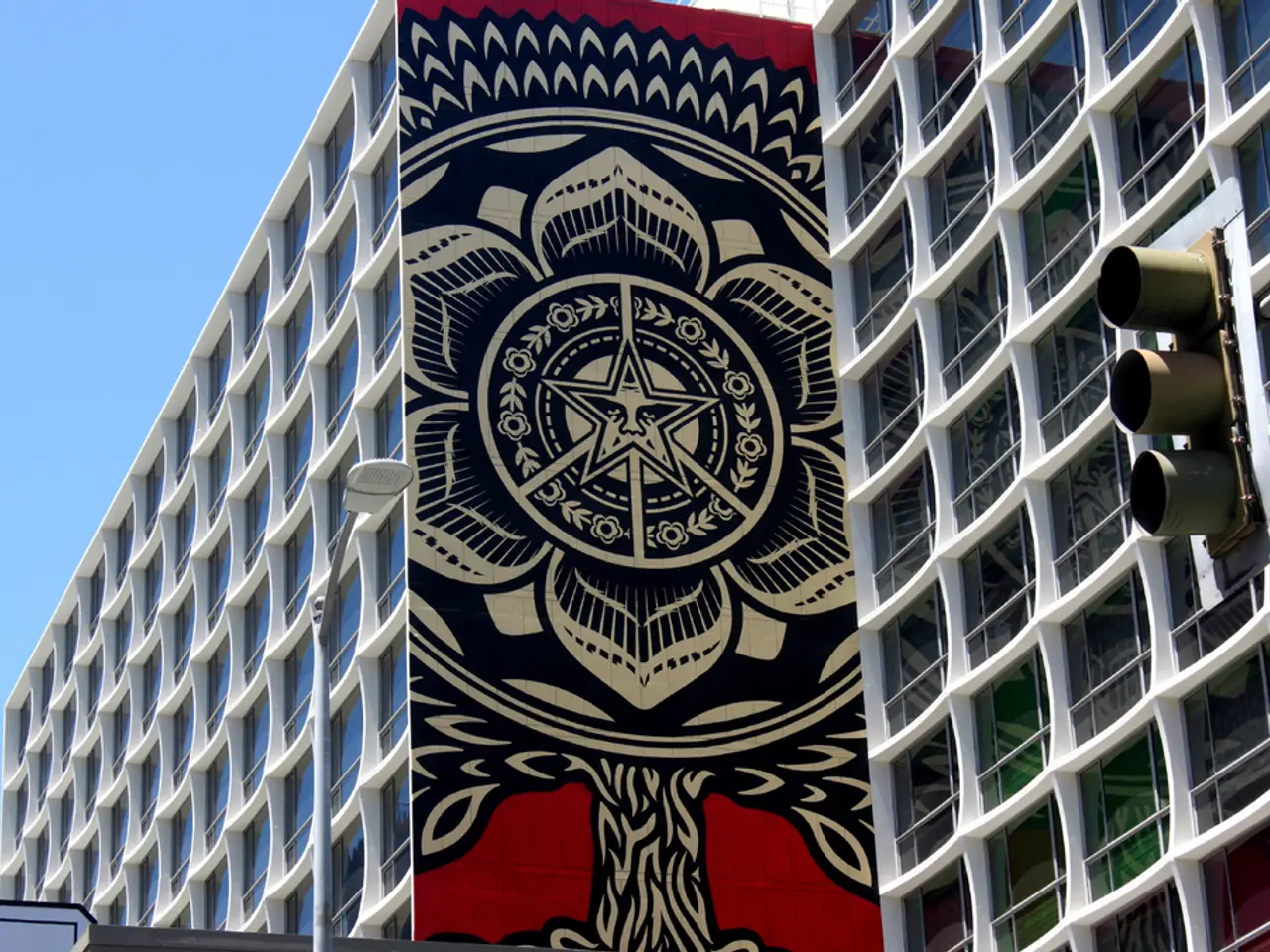World Bank offers substantial financial backing to South Africa
Title: South Africa Secures $1.5 Billion World Bank Loan to Bolster Economic Growth and Reduce Unemployment
South Africa's government scored a major win this week, securing a new $1.5 billion World Bank loan to address its long-standing economic woes and boost growth. The country has been grappling with slow growth due to perennial power outages and congestion at key infrastructure points like ports and freight rail networks since the 2008 global financial crisis.
The loan, as stated by the South African Treasury, signals a crucial move towards alleviating the country's economic troubles, particularly its high unemployment rate. With unemployment hovering around 33.9%, South Africa currently holds the dubious title of the G20 nation with the highest unemployment rate. Youth unemployment is even more alarming, coming in at about 46.1%.
This new influx of funds forms part of South Africa's agenda to enhance service delivery and arrives as the nation prepares to host the G20 summit in November. The Treasury has yet to specify the projects that will receive funding, but details reveal a 16-year financing plan featuring a three-year grace period on interest payments.
Can the loan mitigate South Africa's economic crisis?
While South Africa's industrial base is robust, the country's economic challenges persist. Growth is sluggish, reaching a measly 0.6% in 2024, despite the South African Reserve Bank's modest forecast of 1.2% for this year. The International Monetary Fund, on the other hand, has revised its growth projection for South Africa to a mere 1%.
The country's woes take the form of frequent power outages and debt-ridden state logistics firms battling maintenance issues, corruption scandals, and theft. The Organisation for Economic Co-operation and Development (OECD) recently advised South Africa to invest more in public infrastructure to confront these issues. However, the OECD also sounded the alarm about the country's surging debt, estimating it will climb from 31.5% of the nation's GDP in 2010 to a projected 77% in 2025.
The loan aims to support structural reforms to enhance the governance of state-owned enterprises, expand electricity supply, and improve logistics, leading to a more favorable investment climate. This, combined with improvements in the business environment, could help address the high unemployment rate and boost growth beyond current projections. Fiscal consolidation and economic stabilization measures are also expected to aid in debt reduction, further supporting consumption and potential growth.
In short, the $1.5 billion World Bank loan is poised to aid South Africa's efforts to tackle its steep unemployment rate and invigorate stagnant growth. The success of these endeavors will hinge on the reforms and investments executed, ensuring they are substantial and sustained to bring about a significant improvement in the country's economic standing.
- This $1.5 billion World Bank loan for South Africa is aimed at supporting structural reforms in the finance, energy, and industry sectors, with a focus on the governance of state-owned enterprises, expanding electricity supply, and improving logistics.
- The loan's goal is to create a more favorable investment climate, potentially reducing high unemployment rates and stimulating growth beyond current projections, while also incorporating fiscal consolidation and economic stabilization measures to aid in debt reduction.




